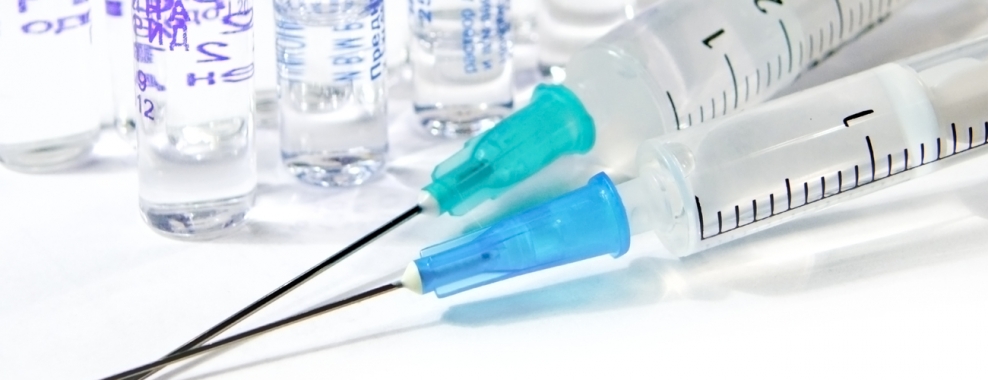New Pneumococcal Conjugate Vaccine
May 16, 2017 | Expert Insights

The Minister of Health and Family Welfare, J P Nadda has launched a new Pneumococcal Conjugate Vaccine against pneumonia at Lal Bahadur Shastri Medical College in the Mandi district of Himachal Pradesh.
Pneumococcal Conjugate Vaccine
Pneumococcal bacteria is one of the main causes of illness in children. At least 90 types of pneumococcal bacteria are known to exist. It causes pneumonia and may also cause bacteraemia, meningitis, sinusitis, septicaemia and middle ear infection. In India more than one lakh people die out of pneumonia every year. The PCV is given to babies between 12 to13 months of age. Repeated doses of vaccine makes the immune system stronger in the children. This vaccine can be recommended to older people as well who are affected with pneumococcal disease. The PCV which has been newly launched will protect children against all kinds of pneumococcal disease. Currently, it has been given out to 21 lakh children in Himachal Pradesh and parts of Bihar and Uttar Pradesh. By next year it would be introduced in Madhya Pradesh and Rajasthan.
Mission Indradhanush
Indradhanush is a health mission of the Government of India which was launched by Mr. Nadda in 2014. It aims to immunize children under 2 years and pregnant women against all vaccine preventable diseases. India is among the top five countries where children below 5 years die out of curable diseases. In 2015 around 1.2 million children died out of these diseases. India has the third largest mortality with 48 deaths reported per 1000 lives. Under this mission so far around 2.6 crore people have been immunized. The program started with providing protection against six diseases and now it has extended to providing immunity to twelve diseases among children.
PCV in other countries
PCV was also introduced in Myanmar in 2016 where pneumonia was a serious concern. UNICEF, GAVI and WHO supported the launch of PCV. Myanmar is committed towards improving the children’s health and reducing the under-five mortality rate. It has made significant progress in immunization among children. PCV is in the routine immunization schedule in US and Canada where it has been highly effective. Other countries in America have also introduced it and few are yet to introduce. Research in 2011 by the UK’s Health Protection Agency showed a high reduction in serious diseases caused by pneumococcal bacteria with the introduction of PCV. Initially, in India and many other countries, PCV was available only in the private sector and not all could afford it but now it is available under the Universal Immunization Programme, which has made it accessible to all.
Assessment
India has achieved lower mortality rates among children over two decades. However, the pace it is following it is unlikely that it would achieve the Millennium Development Goal which aims to reduce the under-five morality. PCV would help in building immunity among children and reduce the mortality rates. India should ensure easy delivery and equitable access of vaccines irrespective of geography, social factors, ethnicity, wealth or education. The government should propagandise the vaccines through TV, radio, posters and banners so that even the poor who are ignorant about such diseases can get their infants vaccinated. The government should make it a rule in both government and private hospitals to get compulsory PCV done for children.








Comments